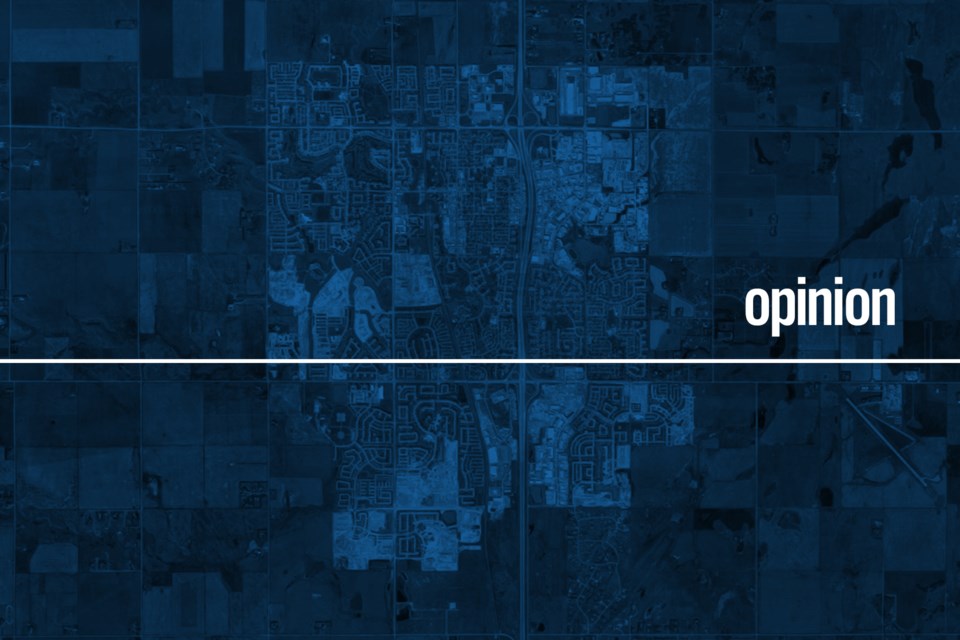Public accountability spectacles, or the practice of bringing someone considered guilty of committing a social faux pas to account, have become an ever-present part of our culture. It has become an integral aspect of what some would call a growing “cancel culture” in our society.
We have seen these accountability spectacles play out in various ways over the last decade. Some have attempted to bring social justice and retribution forward for those wronged, while others simply looked to blot out an uncomfortable piece of our collective past.
Some of these efforts to bring wrongdoers to account have been the follow-through of a justice system that only recently began to acknowledge and recognize the evil deeds of men and women in positions of power.
But the desire for retributive justice has not ended there.
It has now become the norm to demonstrate public outrage at anything that causes offence, whether it’s an old children’s book or an entertainer who holds a controversial political view. And because what is considered morally right and wrong is always changing within our society, the spectrum between the “cancellable” and the “un-cancellable” is also always changing.
I would argue these recent spectacles have fallen short of achieving their original purpose of curbing bad behaviour, and have instead mutated into a form of censorship. As a journalist, that is the one thing I cannot stand for.
While I am a proponent for professional discipline tribunals, I do not agree with public accountability spectacles so far as they seek to cancel the person and not the deed. They seek to shame and punish, rather than to correct.
Alexander Pope, an 18th century English poet of the Enlightenment, lent us his famous line from his 1711 treatise An Essay on Criticism – “To err is human.”
Assuming you are human, you have probably made a mistake you wish you could take back at some point in your lifetime. Maybe this mistake cost you your career or reputation, or maybe you just said something uncouth at a time you should have held your tongue instead.
While our propensity to blunder is a shared part of our humanity, I would argue the tendency to punitively shame others for theirs is also a shared part of our humanity. In our very human nature, we have a desire for justice, but an inability to fulfil it to a perfect standard. The result is we often hold others to a higher standard than we hold ourselves, when we should be looking inward.
Returning to Pope’s famous line, “To err is human,” many people miss the remainder of the line – “To forgive, divine.”
Whether or not you believe in divine forgiveness, I hope you can at least appreciate the power of human forgiveness.
Carmen Cundy, AirdrieToday.com
Follow me on Twitter @carmenrcundy



